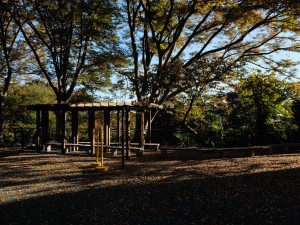About
The Japanese FrameNet (JFN) project aims at building a language resource called Japanese FrameNet (JFN) that records the valence descriptions of Japanese words, based on Frame Semantics and corpus data. After a preliminary study funded by a grant from Keio University between November 2000 and March 2002, the Japanese FrameNet project was launched in July 2002 by a grant from the Japanese Ministry of Education, Culture, Sports, Science and Technology (MEXT) and Keio University. It is currently supported by a grant from MEXT. 
JFN works in collaboration with the English-based FrameNet (FN) project, an ongoing project undertaken at the International Computer Science Institute in Berkeley, California ( http://framenet.icsi.berkeley.edu/ ). The ultimate goal of JFN is to produce a FrameNet-style database of Japanese lexical units. The resulting database will thus contain valence descriptions of Japanese lexical units and a collection of annotated corpus attestations. Important research questions being asked by JFN are to what extent the Frame-semantic approach is suitable for analyzing Japanese lexicon and also to what extent the existing English-based semantic frames are applicable to characterizing Japanese lexical units. Also, while purporting to retain the richness of semantic information in FN, JFN pays close attention to typological differences in lexicalization patterns between Japanese and English.
JFN is currently analyzing and annotating basic content words in Japanese as well as annotating texts from the Balanced Corpus of Contemporary Written Japanese (BCCWJ) core data. Also, JFN has started a pilot study of “contructicon” building of Japanese. (cf. http://framenet.icsi.berkeley.edu/ ).
